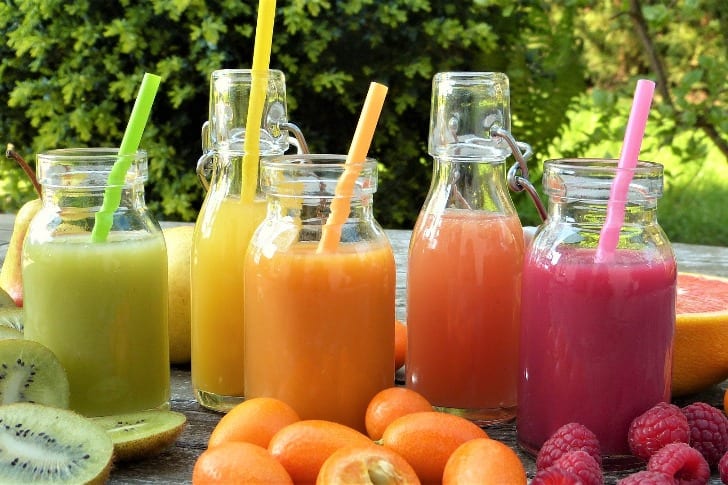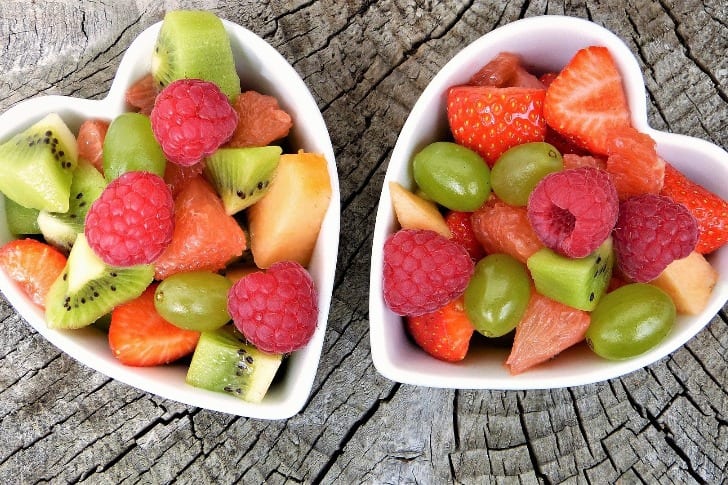A 2020 study conducted by American scientists claims that children in pre-school or nursery must consume at least one and a half cups of pure fruit juice a day.

tykejones /Pixabay: Inculcating Healthy Eating Habits in Early Years Can Go a Long Way
According to these researchers, habits like this set a precedent for children to develop cleaner, healthier eating behaviors when they grow older. Compared to their peers who drank less than half a glass of fruit juice per day, the children who drank more than one and a half cups grew to be teenagers who ate more fruit.

silviarita/Pixabay: Daily Consumption of Fruit Juice Cannot Be Linked to Obesity
While this is good news already, it is even more reassuring to know that this study contradicts a previous one which claimed that young children who drank a lot of juice—a drink that is high in natural sugars would face a greater risk of obesity when they become older.
Dr. Lynn Moore, of the Boston University, is the lead researcher for this study, and she noted that eating habits and particularly fruit consumption decline steadily in the period between childhood and adolescence. Further saying that in addition to the aforementioned findings, the research also found that in the course of the ten-year follow up, the consumption of one to two cups of juice per day could not be linked to a significant increase in the weight of the participants.

JESHOOTS-com/Pixabay: Daily Servings of Fruit Juice is Recommended for Toddlers
In terms of data, the results showed that children up to the age of six, who drank juice every day grew up to include considerably higher amounts of whole fruits in their diet when they were between the ages of fourteen and seventeen. This was in comparison to children who drank less than half a cup of juice when they were toddlers.
Moreover, the kids who fell into the higher range of juice consumption also grew up almost four times as likely as their peers to meet the American guideline of five fruit servings a day when they were older. Fortunately, this was associated with a higher risk of having an unhealthy Body Mass Index (BMI).

silviarita / Pixabay: Fruits Are Wholesome and Have a Bundle of Nutrients
Dr. Moore notes that the intake of whole fruits has plenty of health benefits on the body. After all, fruits are fortified with essential vitamins, minerals, and antioxidants.
While young children may have yet to develop the palate to appreciate the complex textures and tastes, they are much more likely to consume fruits if presented in the juice form. Knowing that cultivating this habit at a young age ensures that they maintain fruit consumption when they are older is valuable information for young parents.




